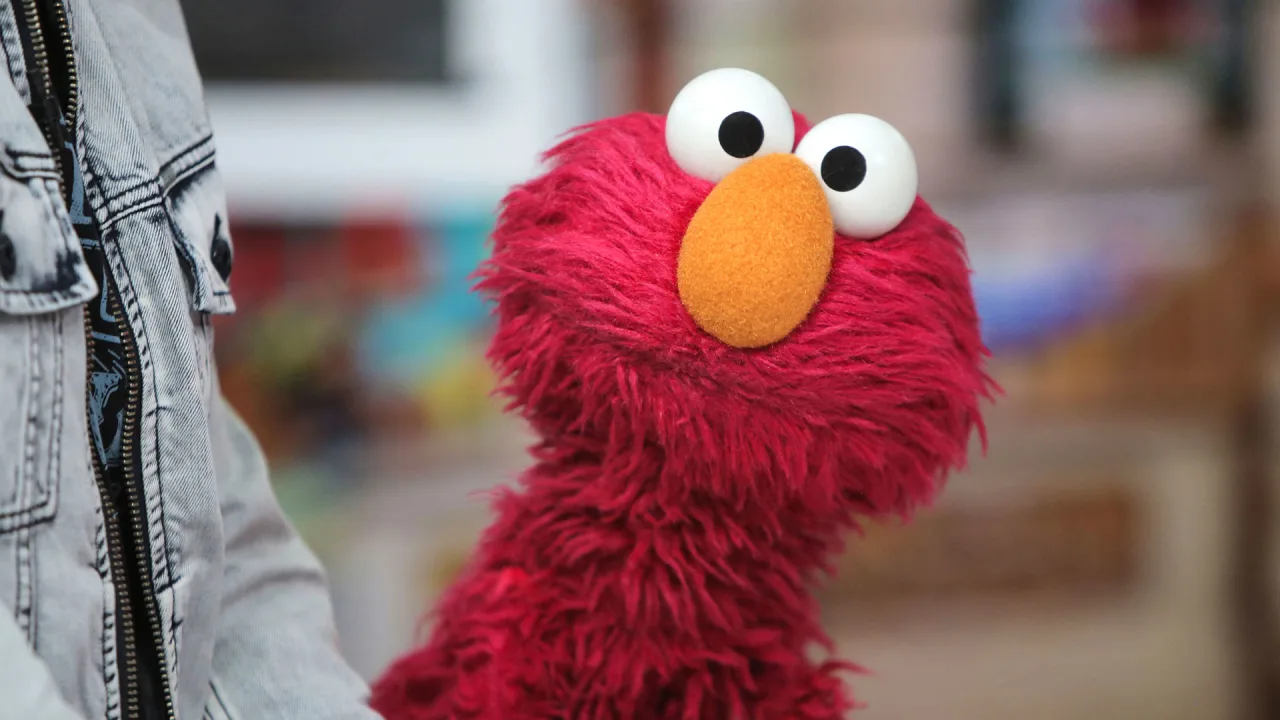FTC drops final challenge to Microsoft’s $69B Activision Blizzard deal
Three years after suing to block Microsoft from buying one of the biggest names in video games, the U.S. government is finally giving up. The FTC announced plans Thursday to drop a Biden-era case against Microsoft over its $69 billion acquisition of game maker Activision Blizzard, a decision the regulator said now best serves the public interest. In 2022, the FTC first announced that it would try to kill Microsoft’s planned acquisition of the gaming giant, which makes hit games like Call of Duty and World of Warcraft. The following year, after the FTC failed to secure a preliminary injunction to stop it, Microsoft actually finalized the massive deal, but the regulator vowed to continue appealing that decision. Earlier this month, the 9th Circuit Court of Appeals upheld the lower court’s order denying the injunction, ruling that the FTC’s claims that the deal would limit competition in the gaming industry were weak. The acquisition was destined for intense scrutiny from day one, both for its size and its potential to totally reshape the landscape for one of tech’s hottest sectors. Microsoft swooped in to save Activision Blizzard from itself When Microsoft announced its plan to buy Activision Blizzard in January 2022, the smaller company had been rocked by emerging allegations of systemic sexual harassment and discrimination in the workplace. Those ongoing scandals eventually forced longtime CEO Bobby Kotick out of the company as Microsoft cleaned house leading into the merger. Microsoft also had to clear major regulatory hurdles in the U.K., resolving antitrust concerns there over its cloud gaming services before getting the green light to close the deal. That bit of regulatory maneuvering resulted in an unusual arrangement to offload cloud streaming rights for its games to competitor Ubisoft in order to appease the Competition and Markets Authority, the U.K.’s powerful trust buster. (This portion of the deal isn’t great news for anyone who’s wrestled with Ubisoft’s awkward online gaming service over the years.) A boost to Microsoft’s online gaming roadmap By bringing Activision Blizzard under its wing, Microsoft can also bring the company’s many hit titles into the popular Xbox Game Pass service, which gives players unlimited access to games for a monthly subscription fee. Gaming companies have increasingly turned to monthly subscriptions and live service games over the last decade and many of Activision Blizzard’s hit franchises revolve around online multiplayer, including Call of Duty, Overwatch, Diablo and World of Warcraft. Activision Blizzard also owns Candy Crush, a colorful tile-matching game that’s still synonymous with mobile gaming almost a decade after Activision Blizzard bought its developer King for a then whopping $5.9 billion. Microsoft President Brad Smith described his company as “grateful” to the FTC for its decision to allow the acquisition to settle. “Today’s decision is a victory for players across the country and for common sense in Washington, D.C.,” Smith said.
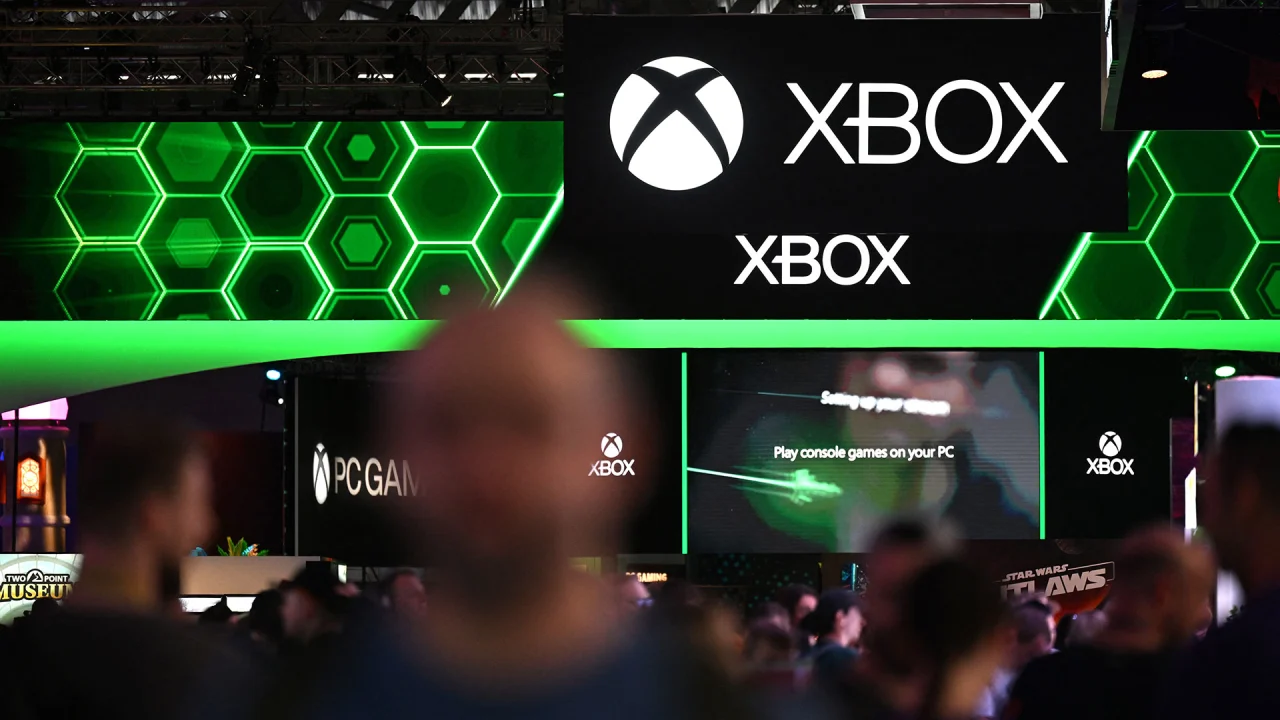
Three years after suing to block Microsoft from buying one of the biggest names in video games, the U.S. government is finally giving up.
The FTC announced plans Thursday to drop a Biden-era case against Microsoft over its $69 billion acquisition of game maker Activision Blizzard, a decision the regulator said now best serves the public interest.
In 2022, the FTC first announced that it would try to kill Microsoft’s planned acquisition of the gaming giant, which makes hit games like Call of Duty and World of Warcraft. The following year, after the FTC failed to secure a preliminary injunction to stop it, Microsoft actually finalized the massive deal, but the regulator vowed to continue appealing that decision.
Earlier this month, the 9th Circuit Court of Appeals upheld the lower court’s order denying the injunction, ruling that the FTC’s claims that the deal would limit competition in the gaming industry were weak. The acquisition was destined for intense scrutiny from day one, both for its size and its potential to totally reshape the landscape for one of tech’s hottest sectors.
Microsoft swooped in to save Activision Blizzard from itself
When Microsoft announced its plan to buy Activision Blizzard in January 2022, the smaller company had been rocked by emerging allegations of systemic sexual harassment and discrimination in the workplace. Those ongoing scandals eventually forced longtime CEO Bobby Kotick out of the company as Microsoft cleaned house leading into the merger.
Microsoft also had to clear major regulatory hurdles in the U.K., resolving antitrust concerns there over its cloud gaming services before getting the green light to close the deal. That bit of regulatory maneuvering resulted in an unusual arrangement to offload cloud streaming rights for its games to competitor Ubisoft in order to appease the Competition and Markets Authority, the U.K.’s powerful trust buster. (This portion of the deal isn’t great news for anyone who’s wrestled with Ubisoft’s awkward online gaming service over the years.)
A boost to Microsoft’s online gaming roadmap
By bringing Activision Blizzard under its wing, Microsoft can also bring the company’s many hit titles into the popular Xbox Game Pass service, which gives players unlimited access to games for a monthly subscription fee.
Gaming companies have increasingly turned to monthly subscriptions and live service games over the last decade and many of Activision Blizzard’s hit franchises revolve around online multiplayer, including Call of Duty, Overwatch, Diablo and World of Warcraft. Activision Blizzard also owns Candy Crush, a colorful tile-matching game that’s still synonymous with mobile gaming almost a decade after Activision Blizzard bought its developer King for a then whopping $5.9 billion.
Microsoft President Brad Smith described his company as “grateful” to the FTC for its decision to allow the acquisition to settle. “Today’s decision is a victory for players across the country and for common sense in Washington, D.C.,” Smith said.







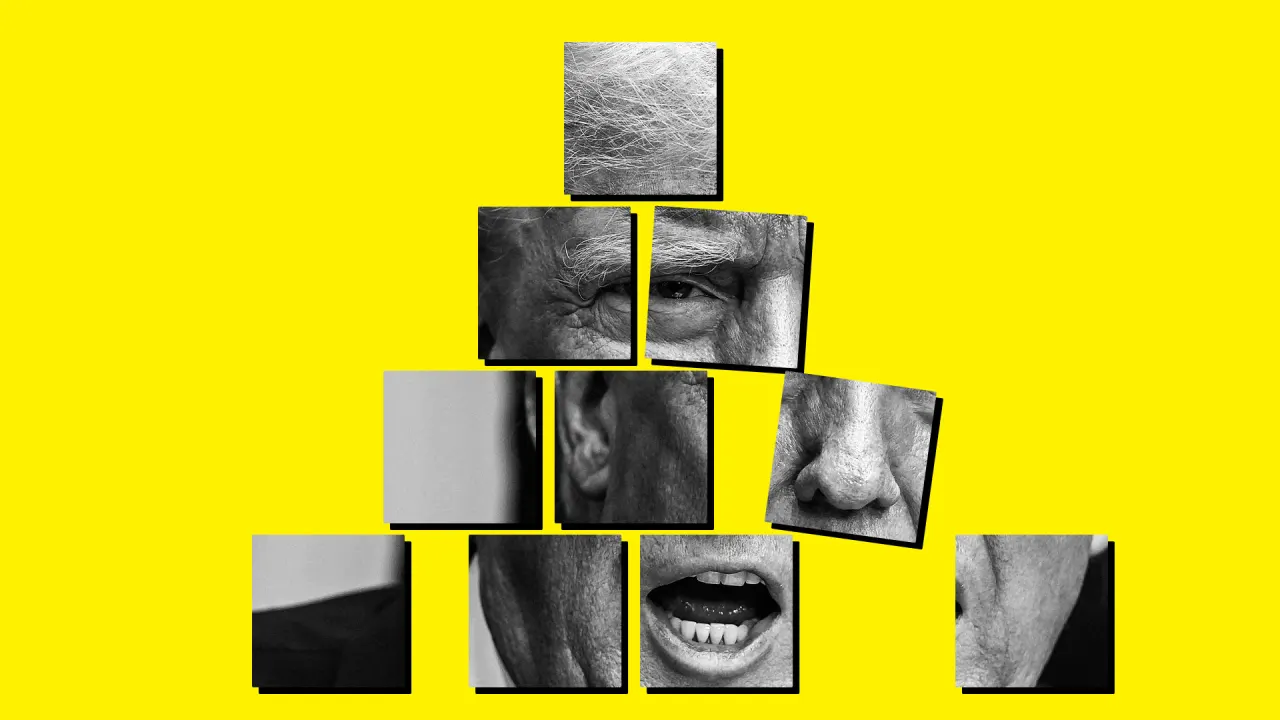





























































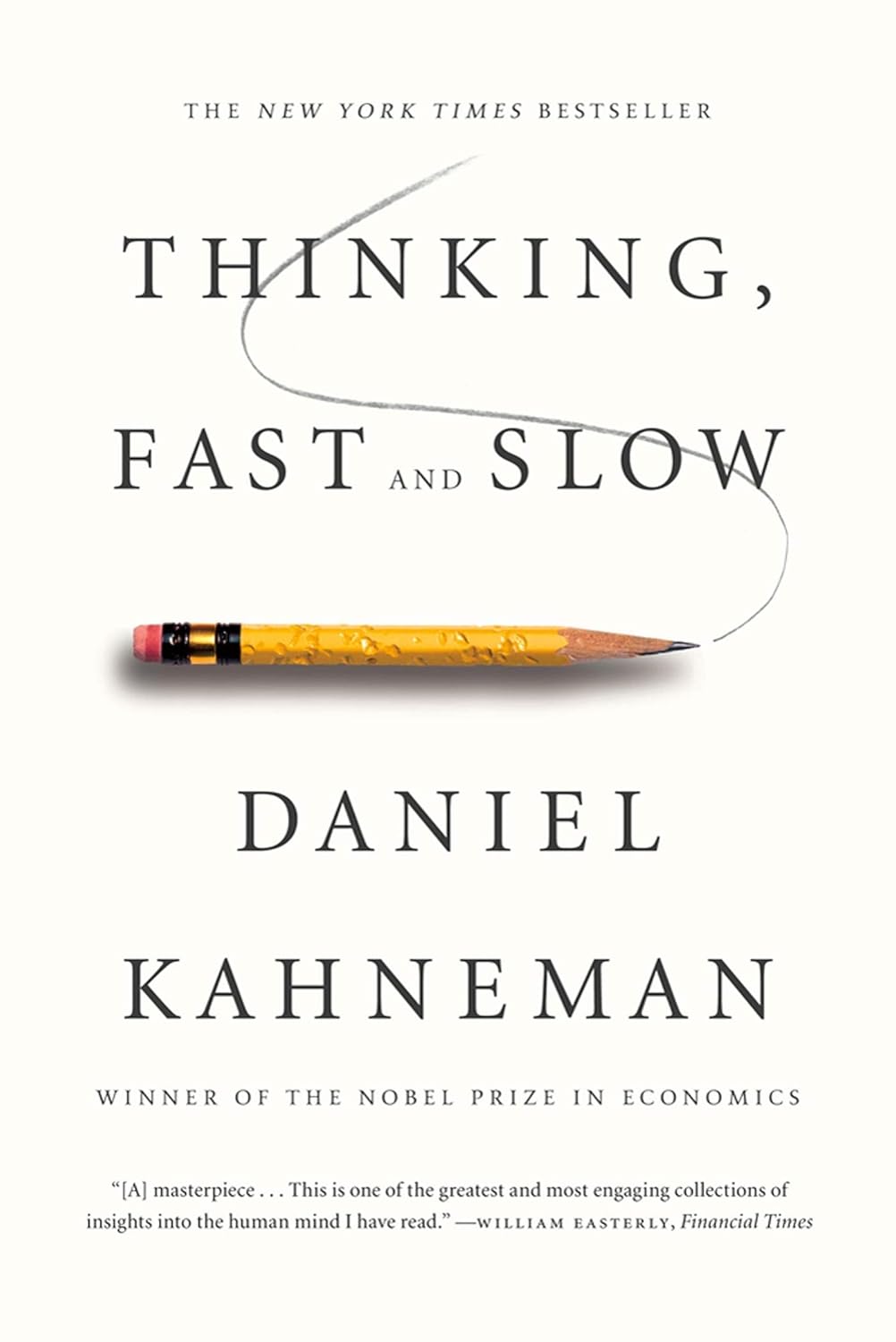

























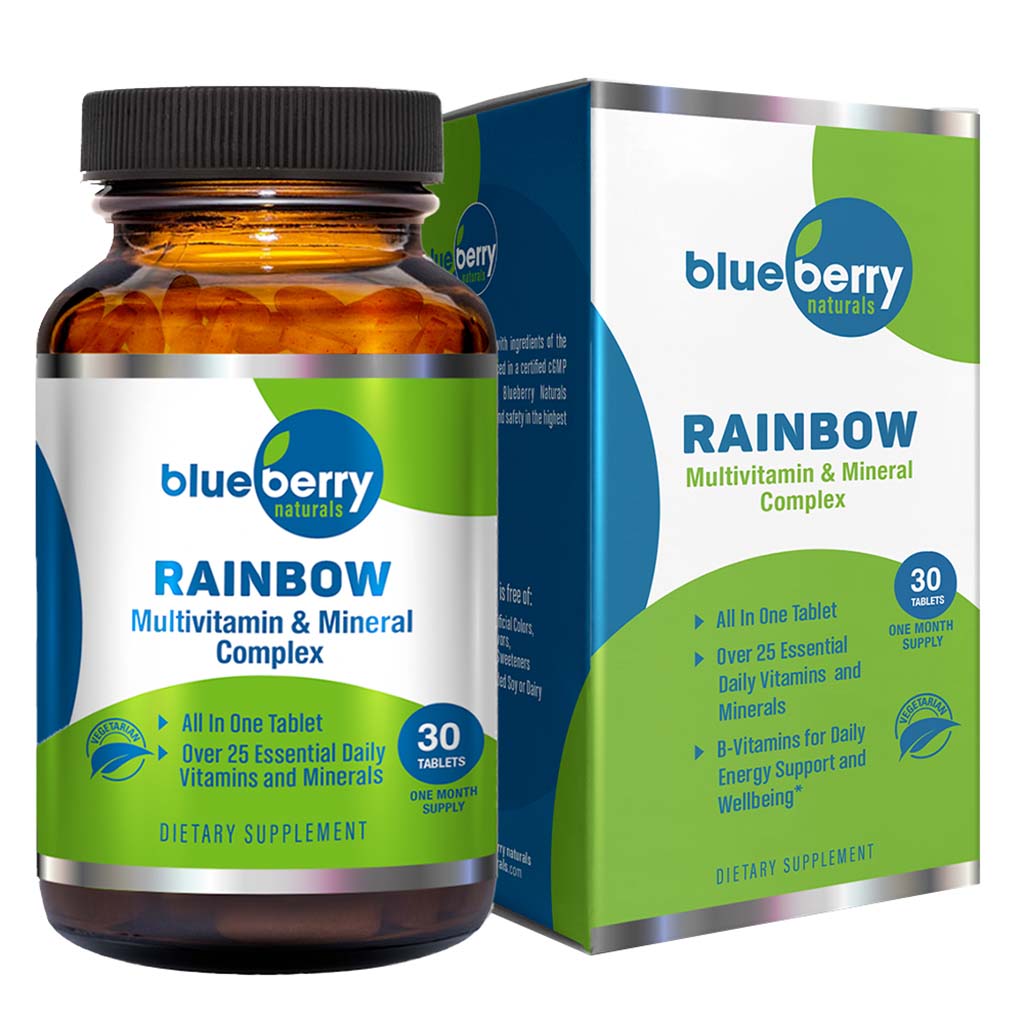








![Building A Digital PR Strategy: 10 Essential Steps for Beginners [With Examples]](https://buzzsumo.com/wp-content/uploads/2023/09/Building-A-Digital-PR-Strategy-10-Essential-Steps-for-Beginners-With-Examples-bblog-masthead.jpg)










































